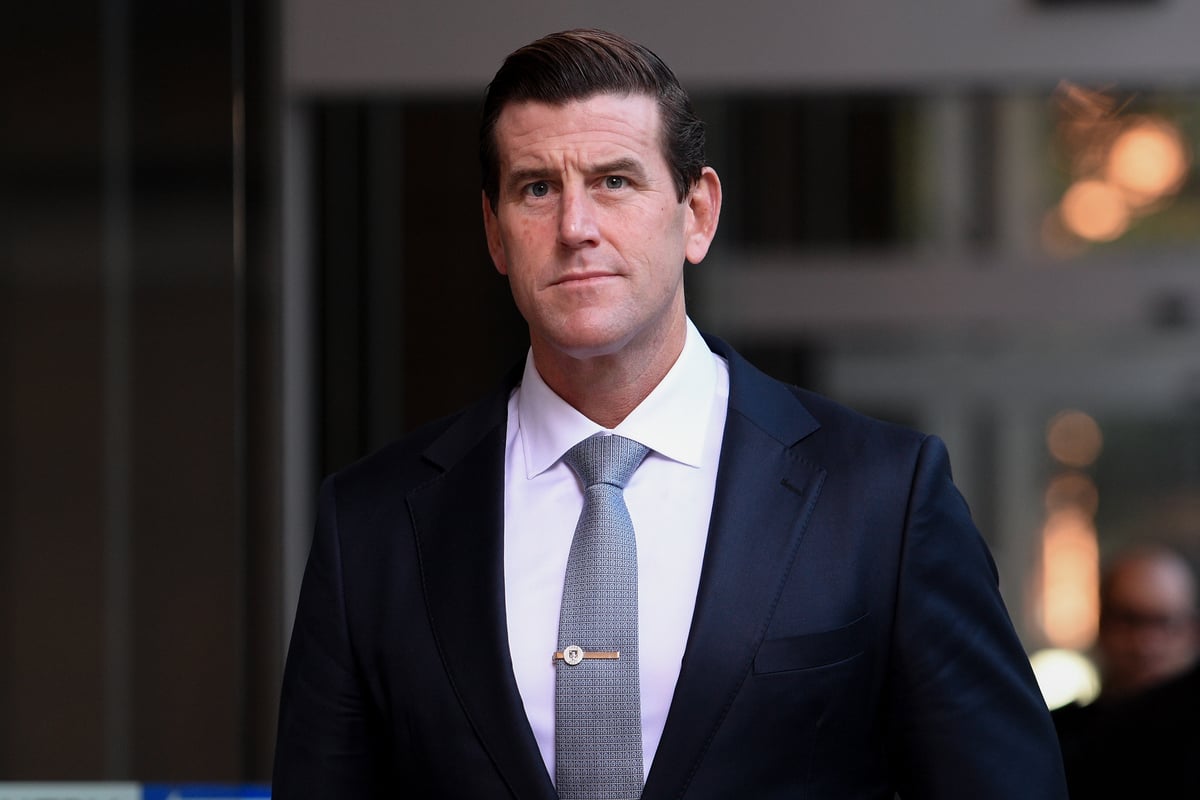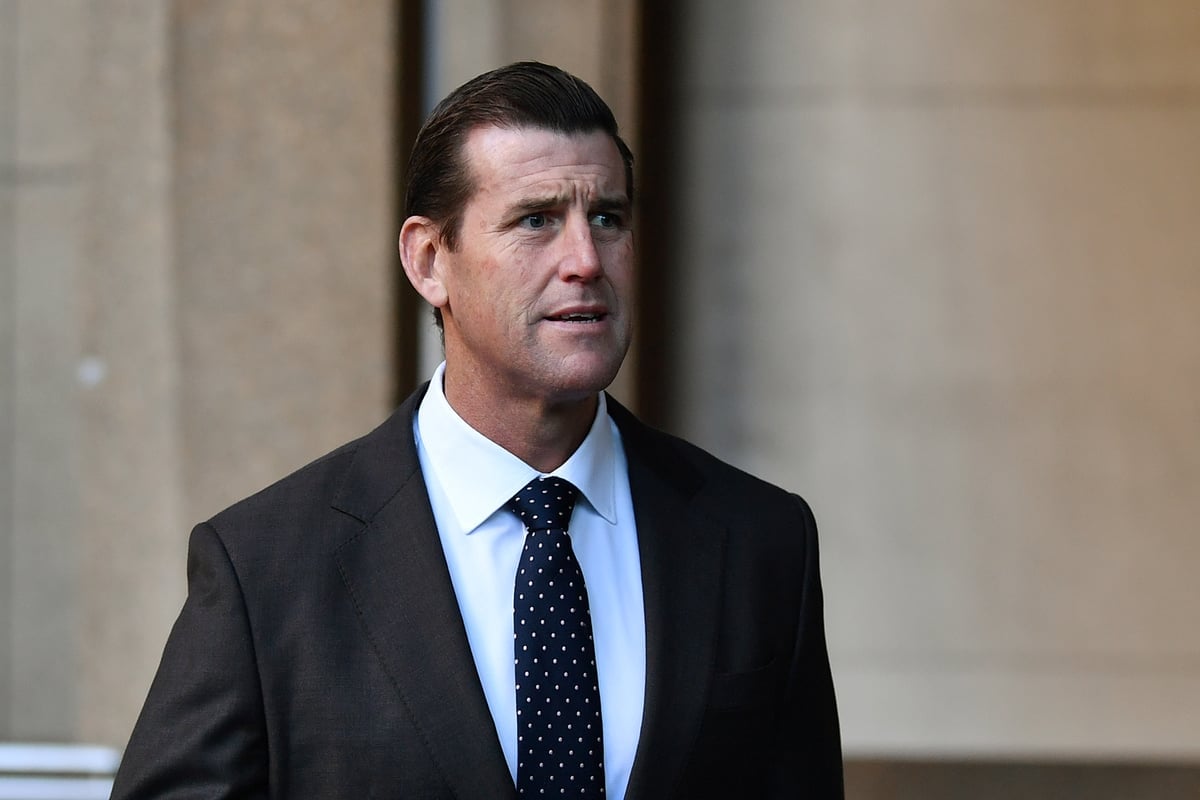
It's the story that will continue to make headlines across the country this week.
Victoria Cross recipient Ben Roberts-Smith committed a slew of war crimes in Afghanistan, including murdering unarmed prisoners, a federal court judge has found.
On Thursday afternoon, Justice Anthony Besanko found a number of 2018 reports published by The Age, The Sydney Morning Herald and The Canberra Times about war crimes committed by Roberts-Smith were substantially true.
It is a massive court loss for Roberts-Smith, ending an almost five-year legal defamation battle between the former-SAS corporal and three media outlets.
Watch: Admiral Christopher Barrie condemns war crime allegations made. Post continues below.
So, how did it get to this? And what exactly did the articles accuse Roberts-Smith of doing when he was a soldier in Afghanistan?
Here's what we know.
Who is Ben Roberts-Smith?
Roberts-Smith was awarded the Victoria Cross, Australia's highest military honour, in 2011 for his actions in Afghanistan. He soon became the most highly decorated serving member of the Australian Defence Force.
Roberts-Smith left the full-time army in 2013, studied, and went on to be appointed as General Manager of Seven Queensland, a regional television network owned by Channel Seven.

